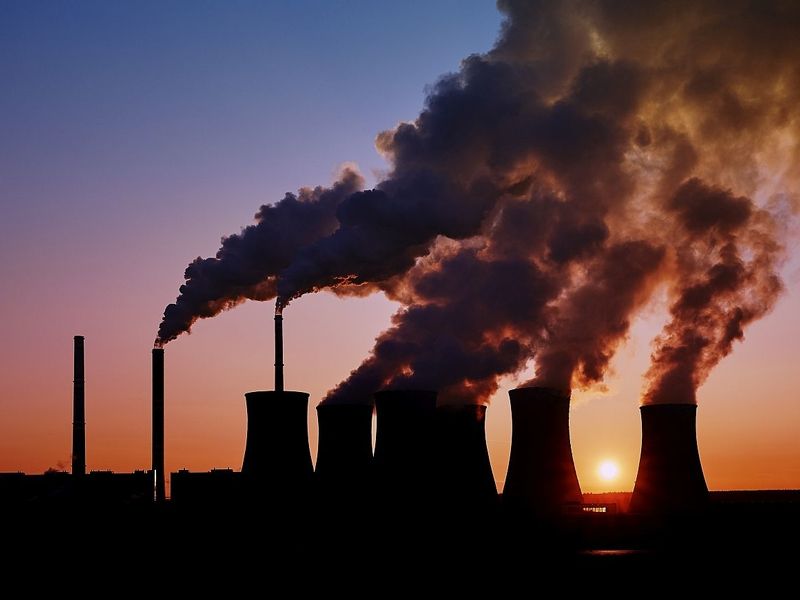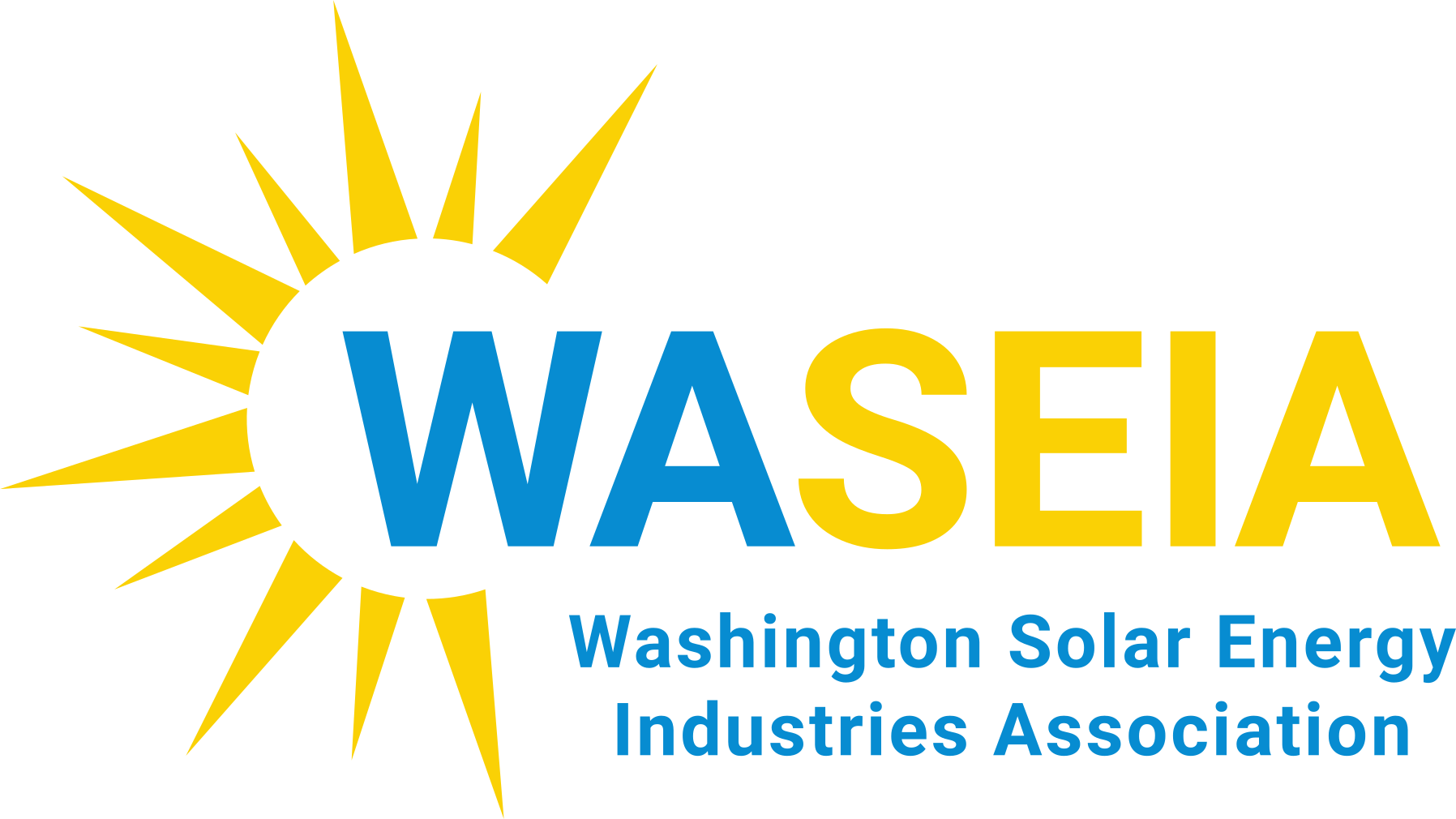2 Key Climate Bills Passed by WA State Legislature

Washington Legislature recently passed two important climate bills that will impact the state's solar industry.
The Climate Commitment Act (SB 5126) creates a carbon tax that greenhouse gas generators can pay or offset with credits from renewable energy, like solar. A large portion of the revenue generated by the carbon fee will be targeted for clean energy investments. Money is also directed toward workforce developments programs for clean energy industries, including solar. The legislation won the support of not only the usual constituencies, but of unexpected supporters such as Puget Sound Energy and Avista Corp., and the petroleum giant, BP.
The proposed program has a gradual, phased implementation, divided into increasingly stringent “compliance periods." The first of these gives away the most carbon pollution allowances for free, with regulated parties being categorized by the degree to which they are “energy-intensive” and/or “trade-exposed,” and given free allowances accordingly. Carbon offsets may be used for compliance, which means firms can gain credit for projects being pursued out-of-state — though there are some limits placed on their use.
A second bill HB 1091, passed last week and establishes a clean fuel standard similar to one that already exists in British Columbia, Oregon and California. It also has provisions for compliance credits -- using renewables like solar to offset use of carbon rich fuels -- that should also boost solar deployments in the state. HB 1091 would require that fuel producers and importers reduce the greenhouse gas emissions attributable to each unit of transportation fuel, a measure known as “carbon intensity.” Carbon intensity includes not only the emissions associated with burning fuels, but also the emissions created in extracting and transporting them. Under the bill, fuels’ carbon intensity would have to decline over time, dropping by at least 20% by 2035.
This is a relatively new approach to cutting carbon emissions, so the exact cost and potential impact of the proposal are still unknown, and while likely to face private and legislative resistance, Amazon, one of our state's largest business enterprises, is embracing the adoption of a low-carbon fuel standard in Washington state, telling Gov. Jay Inslee that the plan would be “a cost-effective strategy” to help reduce greenhouse gas emissions.
Implementation of both bills come with a catch: they also require the Legislature pass a 5 cent gasoline tax increase during a special session later this year or very early in 2022.
Both would take effect on Jan. 1, 2023, with plenty of bureaucratic wrangling in the next 18 months expected to determine the details of what happens on that date.



